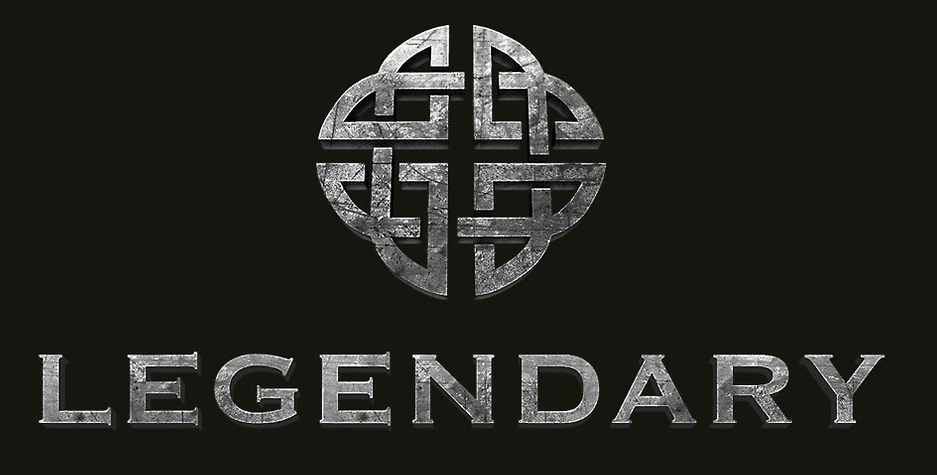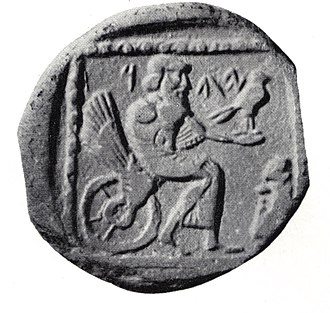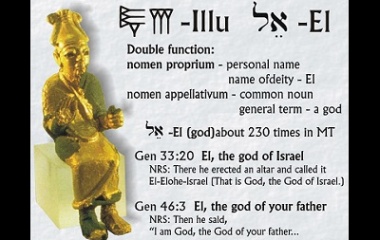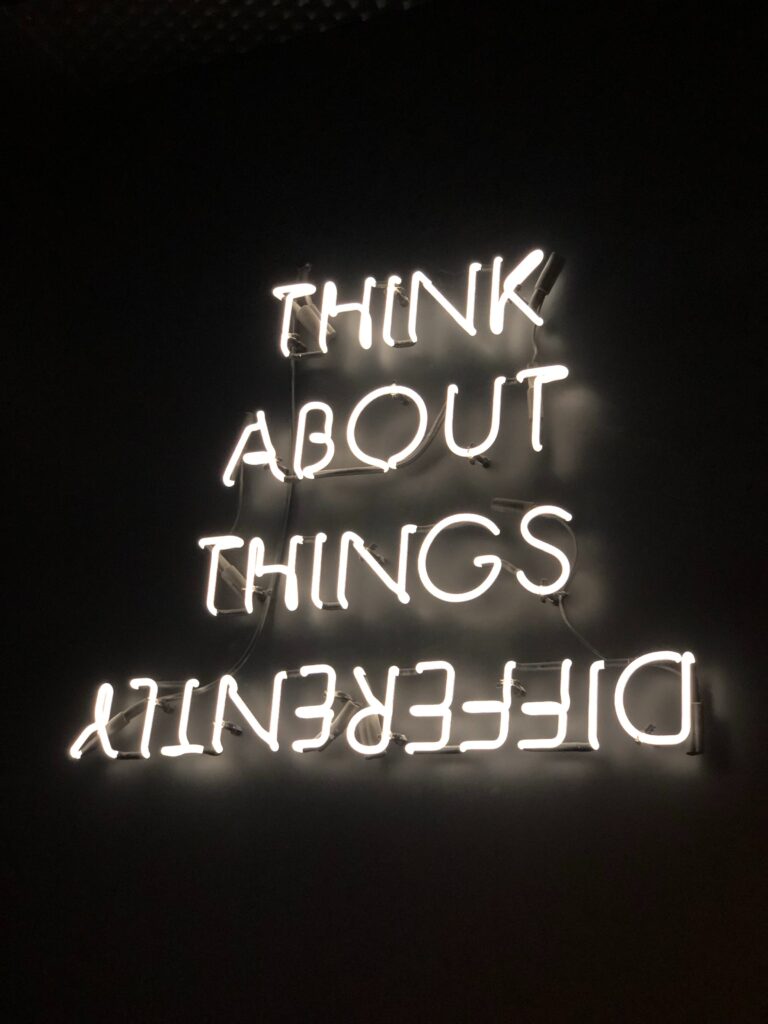happiness
not sure where to begin…
… but i remember the moment everything changed. the memories are coming and going… some here to stay and others willing to hide from the obvious mind. I’ve been told that I am strong. from a young age, i have had to hide a lot of myself in order to survive. emotions run deep and…
In Retrospectaddiction + rebirth + legend
legend. i will be…. Take a look around me Taking pages from a magazine Been looking for the answers Ever since I was thirteen You know the truth can be a weapon To fight this world of ill intentions A new answer to the same question How many times will I learn the same lesson?…
In Retrospectyahweh
This article is about the national god of the Iron Age kingdoms of Israel and Judah. For the modern Jewish conception of Yahweh, see God in Judaism and God in Abrahamic religions. For the name “YHWH” and its vocalization, see Tetragrammaton. For other uses, see Yahweh (disambiguation). Iron Age II (1000–586 BCE) https://en.wikipedia.org/wiki/Yahweh Painting on a jar found at Kuntillet Ajrud,…
In Retrospectallah
God in Islam Allah (/ˈæl.lə, ˈɑːl.lə, əˈl.lɑː/;[1][2] Arabic: اللَّٰه, romanized: Allāh, IPA: [ʔaɫ.ɫaːh] (listen)) is the common Arabic word for God. In the English language, the word generally refers to God in Islam.[3][4][5] The word is thought to be derived by contraction from al–ilāh, which means “the god”, and is linguistically related to the Aramaic words Elah and Syriac ܐܲܠܵܗܵܐ (ʼAlāhā) and the Hebrew word El (Elohim) for God.[6][7] The word Allah has been used by Arabic people of different religions since pre-Islamic times.[8] The pre-Islamic Arabs worshipped a supreme deity whom they…
In Retrospectel (deity)
ʼĒl (also ‘Il, Ugaritic: 𐎛𐎍 ʾīl; Phoenician: 𐤀𐤋 ʾīl;[3] Hebrew: אֵל ʾēl; Syriac: ܐܺܝܠ ʾīyl; Arabic: إيل ʾīl or إله ʾilāh; cognate to Akkadian: 𒀭, romanized: ilu) is a Northwest Semitic word meaning “god” or “deity“, or referring (as a proper name) to any one of multiple major ancient Near Eastern deities. A rarer form, ‘ila, represents the predicate form in Old Akkadian and in Amorite.[4] The word is derived from the Proto-Semitic *ʔil-, meaning “god”.[5] Specific deities known as ‘El or ‘Il include the supreme god of the ancient Canaanite…
In Retrospectnames of god
There are various names of God, many of which enumerate the various qualities of a Supreme Being. The English word god (and its equivalent in other languages) is used by multiple religions as a noun to refer to different deities, or specifically to the Supreme Being, as denoted in English by the capitalized and uncapitalized terms God and god.[1] Ancient cognate equivalents for the biblical Hebrew Elohim, one of the…
In Retrospectom
Om (or Aum) (listen (help·info); Sanskrit: ॐ, ओम्, romanized: Ōṃ) is the sound of a sacred spiritual symbol in Indic religions. The meaning and connotations of Om vary between the diverse schools within and across the various traditions. It is part of the iconography found in ancient and medieval era manuscripts, temples, monasteries, and spiritual retreats in Hinduism, Buddhism, Jainism, and Sikhism.[1][2] As a syllable, it is often chanted either…
In Retrospectchaos
chaos Creation from chaos From Chaos came forth Erebus and black Night; but of Night were born Aether and Day, whom she conceived and bore from union in love with Erebus.[19] Main article: Chaos (cosmogony) In creation from chaos myths, initially there is nothing but a formless, shapeless expanse. In these stories the word “chaos” means…
In Retrospectmusic to my ears
Every day I’ve got a smile where my frown goes A couple bodies in the garden where the grass grows I take ’em with me to the grave in a suitcase Maybe I could be a different human in a new place Oh I just wanna feel something, tell me where to go ‘Cause everybody…
In Retrospect







